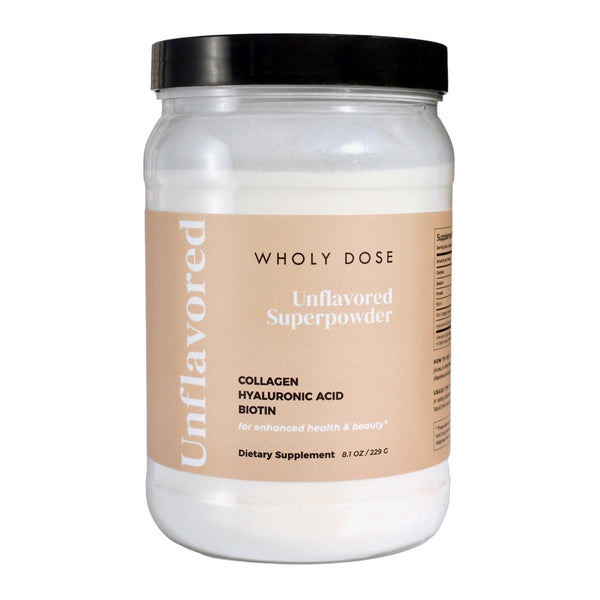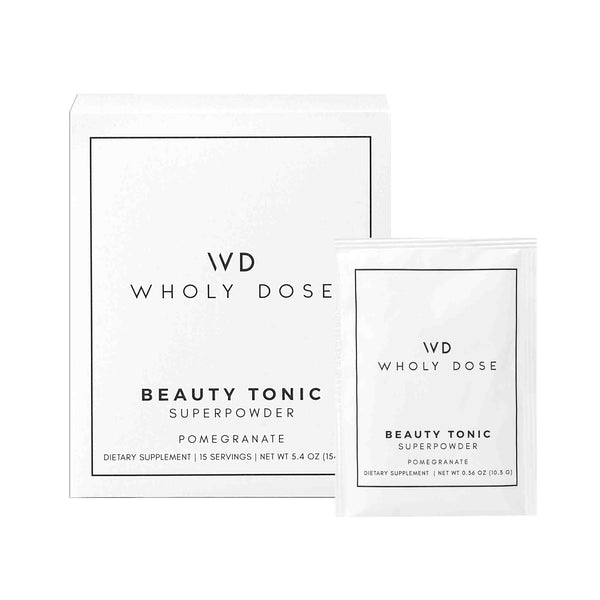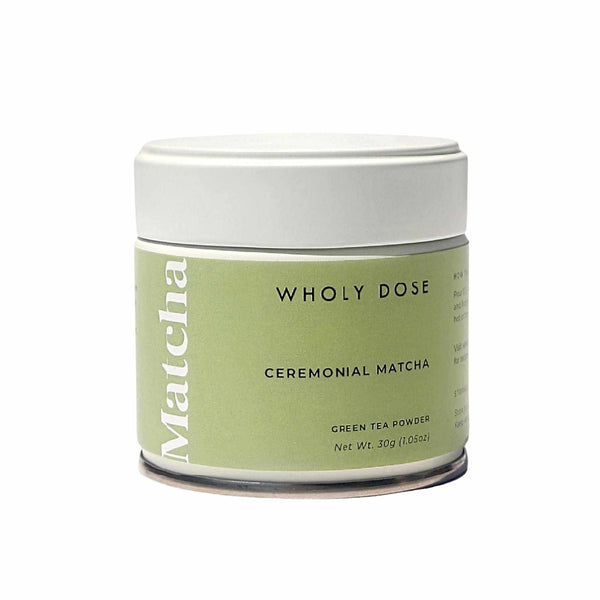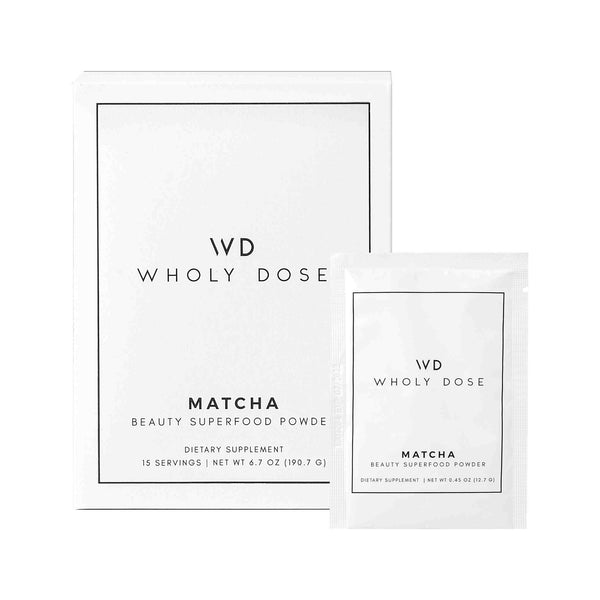
Your Guide To Younger Looking Skin: Anti-Wrinkle Creams
People typically buy non-prescription wrinkle creams, serums, and lotions hoping that these anti-aging products will help reduce their wrinkles and prevent or reverse damage caused by the sun. But, do they really work?
This depends on the key ingredients inside and how you use the anti-aging creams. While over-the-counter (also known as OTC) wrinkle creams are not drugs, they are required to go through scientific research to prove their effectiveness in getting rid of and reducing wrinkles.
If you’re looking for a face lift like product, or a way to look 20 years younger, you probably won’t find that in over-the-counter wrinkle creams and anti-aging products because the benefits of these products can only be slightly seen.
This article discusses how adding a wrinkle cream to your anti-aging skincare routine will help improve your skin and wrinkles.
What Are The Best Anti-Wrinkle Cream Ingredients?
Moisturizing can improve the appearance of your skin through temporarily plumping skin and reducing the look of fine lines and wrinkles. Moisturizers include lotions, creams, gels, and serums which are made of water, oil, proteins, waxes, urea, glycerin, and lactate.
Wrinkle creams are moisturizers with active ingredients that offer other anti-aging benefits. These benefits include:
– Improved skin texture
– Even skin tone
– Reduced fine lines and wrinkles
– Increased skin hydration
The effectiveness of wrinkle creams depends on your skin type and the active ingredients inside.
Here are common anti-aging ingredients that help improve your skin:
– Retinoids: This includes retinol and retinoic acid, and is a term used for vitamin A compounds. These ingredients are used topically to help repair sun damaged skin and reduce the look of fine lines and wrinkles.
– Vitamin C: Also known as ascorbic acid. Vitamin C is an antioxidant that helps protect the skin from free radicals. Free radicals are unstable oxygen molecules that break down skin cells further causing wrinkles. Vitamin C can also protect skin from sun damage and reduce fine lines and wrinkles. When using wrinkle creams that contain vitamin C, store it away from sunlight.
– Hydroxy Acids: Alpha hydroxy acids, also known as AHAs include glycolic, citric and lactic acids and are used to remove dead skin cells (exfoliate). Using an AHA product helps your skin absorb other products and stimulates the growth of smooth, evenly pigmented skin. AHAs and BHAs, as well as a new form of acids called polyhydroxy, are shown to be effective in reducing fine lines and wrinkles as well.
– Coenzyme Q10: This ingredient contains antioxidants and helps reduce fine wrinkles around the eyes, protect the skin from sun damage, and evens skin tone.
– Peptides: Molecules that occur naturally in living organisms. Peptides can help stimulate collagen production while improving the overall appearance of skin texture and wrinkles.
– Tea Extracts: Certain teas – green, black, and oolong teas – contain compounds with antioxidant and anti-inflammatory properties. Most wrinkle creams will contain green tea extracts.
– Grape Seed Extract: This promotes collagen production and contains antioxidant and anti-inflammatory properties to help smoothen wrinkles.
– Niacinamide: Another antioxidant, this is a vitamin B-3 and helps reduce water loss in skin, keeping it moist while improving skin elasticity.
Safety, Effectiveness, & Side Effects
The Food and Drug Administration (FDA) classifies lotions and creams as cosmetics, which contain no medical claims and are less strictly regulated than drugs. This means that cosmetic products are not treated with the same testing for effectiveness and safety that topical medications go through.
While cosmetics are regulated to some degree, the FDA does not evaluate cosmetic products for effectiveness, but do for safety. So, there is no guarantee that an OTC product will reduce your wrinkles and fine lines.
What about side effects? Wrinkle cream products may cause irritation, burning, redness, or rashes. Be sure to read and follow the product’s instructions to limit side effects. Read the labels and select a product that does not cause allergic reactions (hypoallergenic) or acne (non comedogenic).
No Guarantees: What To Look For
Over-the-counter wrinkles creams (you know, the ones you probably shop for at Target, CVS, Sephora, Walgreens, or Duane Reade), most likely can’t guarantee that they’ll get rid of your wrinkles. Previously mentioned, if these OTC wrinkle creams do improve your skin, it’s only slightly and temporary.
However, consider these factors when you look for a wrinkle cream:
– Price: Keep in mind, a wrinkle cream that costs more doesn’t mean it works better. The cost is not related to the effectiveness of the wrinkle product.
– Lower Doses: OTC wrinkle creams contain lower concentrations of active ingredients than prescription wrinkle creams. This means that the results, if any, are more limited and not as prominent as prescription wrinkle creams.
– Multiple Ingredients: A product with more than one active ingredient does not mean it’s more effective than a product with one active ingredient. And, using several anti-wrinkle creams at one time may irritate your skin and not be beneficial to your skin overall.
– Daily Usage: Just wIth any product, consistency is key. Follow the instructions on your wrinkle cream but you’ll most likely need to use it once or twice a day for a few weeks before you notice any improvement.
Keep in mind that products that work for others may not work for you. Everyone has different skin types so not every product works the same for everyone. Pay attention to which wrinkle creams provide improvements in your skin and wrinkles.
Anti-Wrinkle Regimen Routine
Anti-wrinkle creams may decrease the appearance of your wrinkles, depending on how often you use it, the amount and type of active ingredients, and the type of wrinkles and fine lines you're trying to treat.
Here are tips for how to reduce and get rid of your wrinkles – an anti-wrinkle skincare regimen that will help improve your skin's appearance:
– Protect Your Skin From Sun: Sun exposure to UV light speeds up the aging process, causing wrinkles and rough, uneven skin. Exposure to sun is the number one cause for wrinkles and fine lines, including uneven pigmentation. Prevent wrinkles and protect your skin by limiting the time you spend in the sun and wearing protective clothing or a hat.
– Use Sunscreen Daily: Remember to use sunscreen every day, even when indoors. You can select an anti-aging cream that has SPF. The American Academy of Dermatology suggests using an SPF of 30 or higher. Use products that are broad spectrum, blocking both UVA and UVB rays, and are water resistant. Apply sunscreen every two hours, or more often if you’re swimming or sweating.
– Take A Collagen Supplement: While wrinkle and anti-aging creams work from the outside to improve your skin, taking a skin supplement for wrinkles is effective in smoothing out and getting rid of your wrinkles. Try a collagen supplement, like Wholy Dose, that contains clinically-proven collagen to make sure you’re getting effective results.
– Apply Moisturizer: A moisturizer alone cannot prevent wrinkles, but they do trap water in the skin, keeping it plump and reducing the appearance of tiny lines and creases. Pair your moisturizer with a retinol for nighttime to improve your skin’s wrinkles and texture.
– Avoid Smoking: Smoking narrows the blood vessels in the outermost layers of skin, while damaging the collagen and elastin fibers in your skin that give it strength and elasticity. Smoking causes skin to sag and wrinkle prematurely.
CLINICALLY-PROVEN WRINKLE SUPPLEMENTS & VITAMINS
GET GLOWING YOUNGER LOOKING SKIN
Takeaway
If you're unsure which wrinkle creams and treatments to use, consult a dermatologist to help you come up with a skincare plan by accessing your skin type and skin goals. Your dermatologist can recommend products that may help your skin and wrinkles.
For those looking for more dramatic results, dermatologists can also recommend medical treatments for wrinkles, including prescription creams, botox injections (also known as botulinum toxin) or skin-resurfacing treatments.
For those looking for a natural way to reduce and get rid of wrinkles – like crow's feet, forehead wrinkles, frown lines, under eyes wrinkles, tear throughs, or worry lines – pair your wrinkle cream with an anti-aging collagen supplement, like Wholy Dose, for an inside and outside routine that's effective, easy to use, and provides holistic results.















